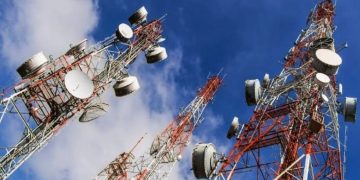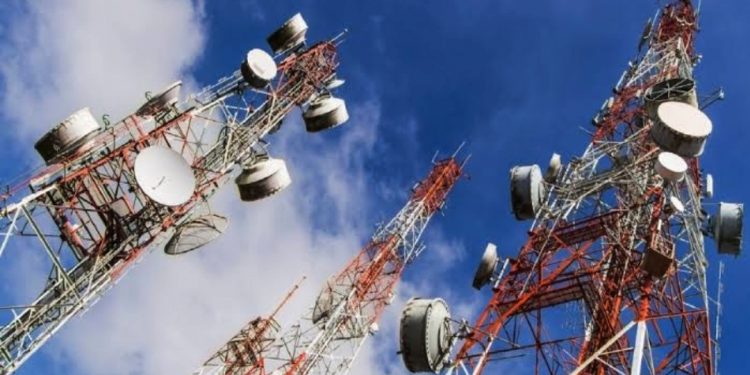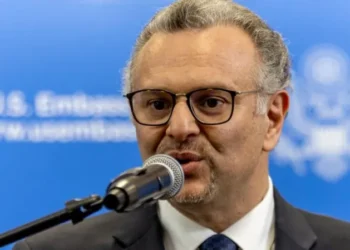By John Ikani
Residents of Nigeria’s North Western State of Zamfara have expressed displeasure over the Federal Government’s decision to extend shut down of Telecom services in the state at the expiration of the two week suspension.
Recall that the Federal Government of Nigeria had ordered all telecom operators to shut down their networks in Zamfara State in an attempt to curb bandit activities ravaging the state.
“The shutdown is for two weeks (September 03 – 17, 2021) in the first instance. Your urgent action in this regard is required,” a copy of the letter sent to Indigenous telecom giant, Globacom Nigeria reads.
Reacting to the extension, some residents, especially traders who spoke to TVC News, said the measure has pushed them into untold hardship as they have not been making sales.
They appealed to the authorities concerned to as a matter of urgency restore telecommunication services and open weekly markets in the state.
Banking services are also affected in the state since the commencement of the new security measures.
What you should know
The shutdown of telecom services in Zamfara State comes months after President Muhammadu Buhari had on March 3, 2021 declared Zamfara a no fly zone due to the crisis which is believed to be fuelled by illegal gold mining.
The declaration failed to curb insecurity in the state, as over 500 persons have been killed while hundreds including schoolchildren have been kidnapped within the same period.
Asides Zamfara, telecom services have been shut down in 13 local government areas of President Buhari’s home state, Katsina.
Meanwhile, the Socio-Economic Rights and Accountability Project (SERAP) has urged the president to order Minister of Communication and Digital Economy, Isa Pantami, and the Nigerian Communications Commission, NCC to immediately reverse the suspension of internet and telecommunication networks in Zamfara State, and 13 local government areas of Katsina State.
SERAP in an open letter, dated September 11, 2021 said “the suspension is particularly egregious, and suggests a disturbing trend, especially given the growing restriction of civic space in Nigeria. Shutdowns should never become an entrenched practice in the country.”
It added that “large-scale shutdowns of communication networks are a form of collective punishment. Shutdowns exert significant chilling effects, with direct implications on participatory democracy, whose existence depends upon an active and informed citizenry capable of engaging with a range of ideas.”



































